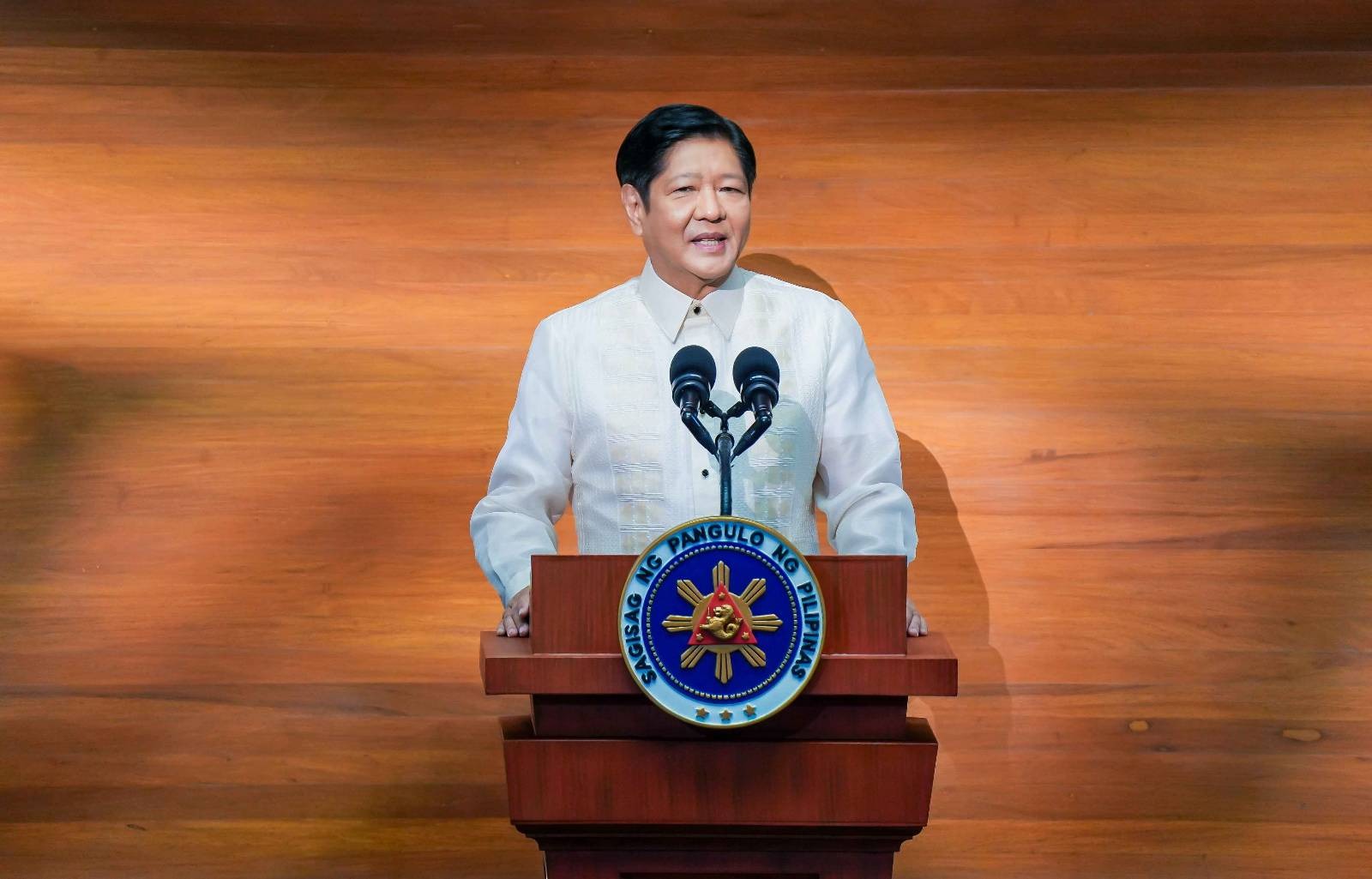Marcos Jr pledges to refocus the war on drugs towards rehabilitation
In his second State of the Nation address, the Philippine president says he wants to focus on rehabilitating drug addicts. Yet, since the start of the year, 350 people have been killed in the government’s ongoing repression, which now appears to include corrupt policemen. Karapan, a human rights alliance, is sceptical; the new course is only a “rehash of tired old PR lines” while extrajudicial executions continue.
Manila (AsiaNews) – After almost 13 months since he took office, Philippine President Ferdinand Marcos Jr delivered his second Address to the Nation. In it he said that he wants to put a "new face" to the government’s "war on drugs” by focusing on “rehabilitation”.
The “war”, which began under Marcos’s predecessor, Rodrigo Duterte, has left countless victims dead or scarred for life, especially among drug addicts and small dealers.
For the president, the anti-drug crackdown must be accompanied by major efforts to rehabilitate addicts.
For Marcos, taking a hard line against drug dealers and traffickers is not enough; it requires action against elements within the government apparatus who have furthered drug addiction, especially among the most disadvantaged groups of the population.
He already hinted at this back in January, when a thousand police officers were asked to resign for involvement in the multibillion drug business.
Although it is not known how many actually left, Marcos Jr announced today that he had accepted the resignation of three police generals and 15 high-ranking police officers.
Overall, 350,000 people have been arrested since Duterte’s war on drugs began on 1 July 2016. The former president had pledged to crack down during his election campaign in a society exasperated by widespread drug addiction and the seeming immunity of those involved.
According to official figures, almost 7,000 people died in the anti-drug campaign, including 350 since the start of 2023, twice, perhaps three times as many according to independent sources.
Yet, despite the repression, international cooperation and the blows against narcotics production and trafficking, drugs continue to be easily available across Philippine society.
Marcos’s policy follows not only in the footsteps of Duterte's "legality" but also those of his father, the former dictator Ferdinand Marcos, whose rehabilitation is underway.
Marcos Jr continues to use the fight against crime or the remnants of communist and Islamist insurgencies to go after people or groups who disagree with official policies.
A few days ago, he restated that his administration would not cooperate with the investigation launched by the International Criminal Court against Duterte.
At the same time, without giving up on the use of force, he said that the fight against drug addiction – a scourge that affects an estimated 1.8 million Filipinos – should focus on education and rehabilitation of drug addicts.
The government's "new course" did not impress human rights groups, who fear that it will be ineffective in preventing drug abuse and prosecuting those responsible, but will simply boost repression, covering up summary executions and brutality by security forces in a climate of substantial impunity.
Cristina Palabay, a member of Karapatan, a human rights alliance, shares this fear. For her, "The supposed new face of his (Marcos’s) anti-narcotics campaign is merely a rehash of tired old PR lines.”
The latter stands for “nothing in the context of the continuing EJKs (extrajudicial killings) in his drug war, and his disinterest and even contempt for justice for the victims during the past administration.”
23/11/2022 17:03
12/09/2017 16:49
21/09/2017 15:43
18/06/2022 16:25
07/06/2018 13:36







.png)










